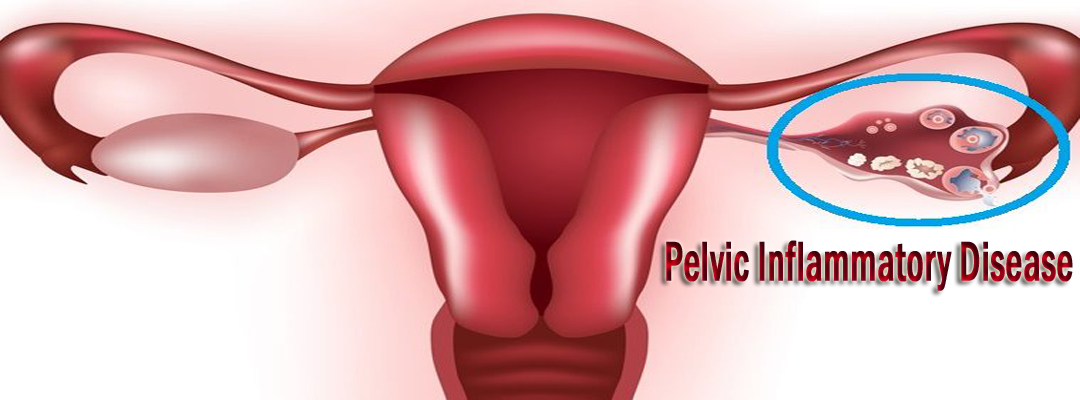What is Pelvic Inflammatory Disease and how to Overcome it?

Pelvic inflammatory disease or PID is an infection and can affect female reproductive organs. The pelvis is comprised of fallopian tubes, ovaries, cervix and uterus. It is a very common condition that affects women and there are several bacteria that can cause pelvic inflammatory diseases. At first the bacteria enters the vagina and cause infection and it gradually reaches to the pelvic area.
Symptoms for Pelvic Inflammatory Diseases:
It is not necessary that one may have symptoms that reflect pelvic inflammatory disease. In some cases women do report few symptoms such as:
- Pain in the lower or upper abdomen
- Fever
- Pain during intercourse
- Painful urination
- Irregular bleeding
- Increased vaginal discharge that may have foul smell
How Pelvic Inflammatory Disease is diagnosed?
It is important to pay attention to these symptoms and your doctor may ask you to undergo few tests if he or she suspects pelvic inflammatory disease. Some of the tests to detect pelvic inflammatory disease are:
- Pelvic examination
- Cervical culture in order to look for an infection
- Urine test for any sign of blood, cancer or any other ailment.
- Pelvic ultrasound to detect any sort of damage
- Pelvic ultrasound to detect any sort of damage
- Laparoscopy
Pelvic inflammatory disease can be treated easily if it is detected on time and women can easily recover from it. About ten to fifteen percent of women suffer from pelvic inflammatory disease and have difficulty while conceiving. If it is not treated on time it may leads to other severe issues such as:
- Infertility
- Ectopic pregnancy
- Chronic pelvic pain
Treatment for pelvic inflammatory disease:
In case of pelvic inflammatory diseases they can be treated through medications such as antibiotics prescribed by your doctor. If one is sick, pregnant or have an abscess in the pelvis then they should immediately report to their doctor. If one has an abscess in the pelvis then it can be treated through surgery. It is a rare condition and only occurs when abscess will rupture. Men are silent carriers of the bacteria that cause such infection and it can be passed on to others through sexual contact.
So it is important for women to pay attention if they encounter any of the above mentioned symptoms and they should report and consult their doctors. If the symptoms are severe and the infection has spread to the bloodstream then it can lead to life threatening situations.
